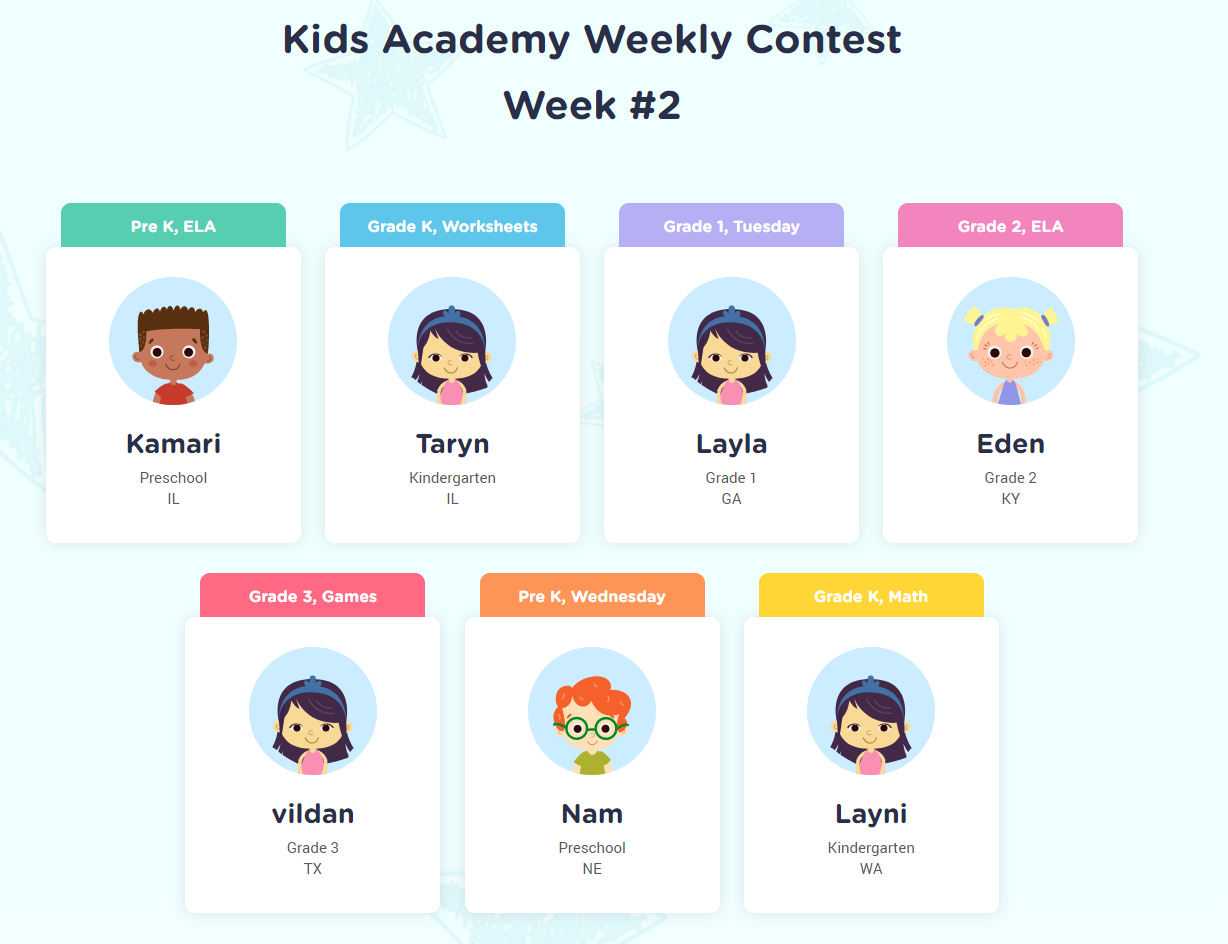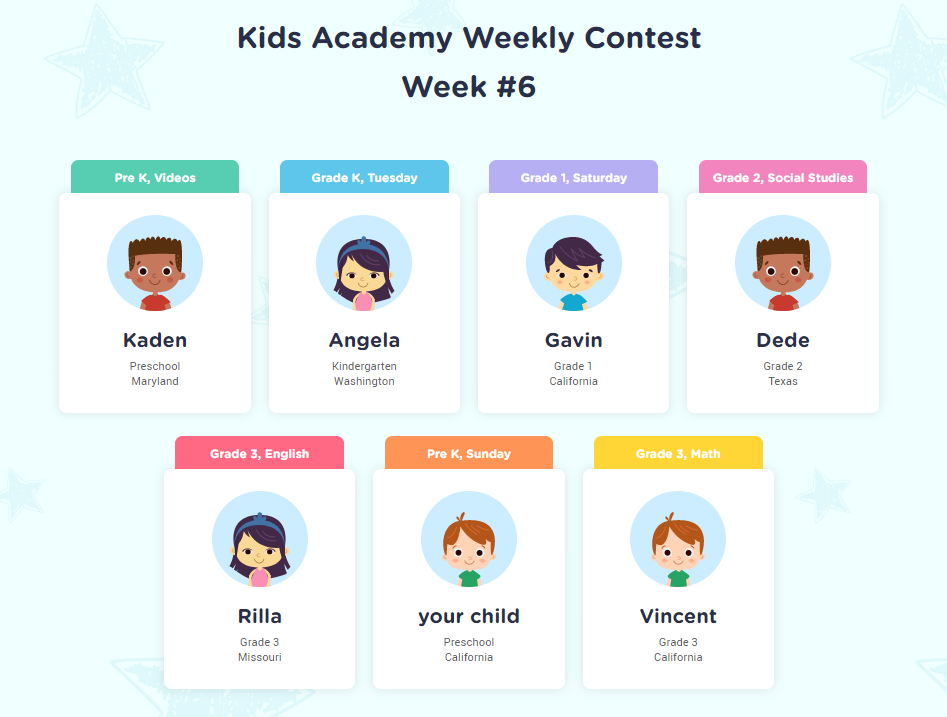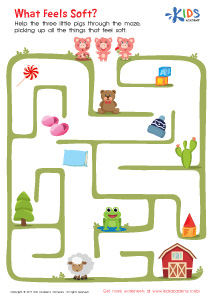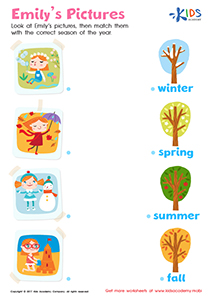Extra Challenge Science Worksheets for Ages 6-8
23 filtered results
-
From - To
Discover our "Extra Challenge Science Worksheets for Ages 6-8" designed to ignite curiosity and enhance learning for young minds. These printable and engaging worksheets cover various exciting topics such as biology, earth science, and physics, suitable for first and second graders. Tailored to challenge and captivate, each worksheet aims to develop critical thinking, problem-solving skills, and a deeper understanding of scientific concepts. Perfect for classroom activities or additional home study, our fun and educational science worksheets foster a love for exploration and discovery in your child. Unlock the wonders of science today!


Robot Printable
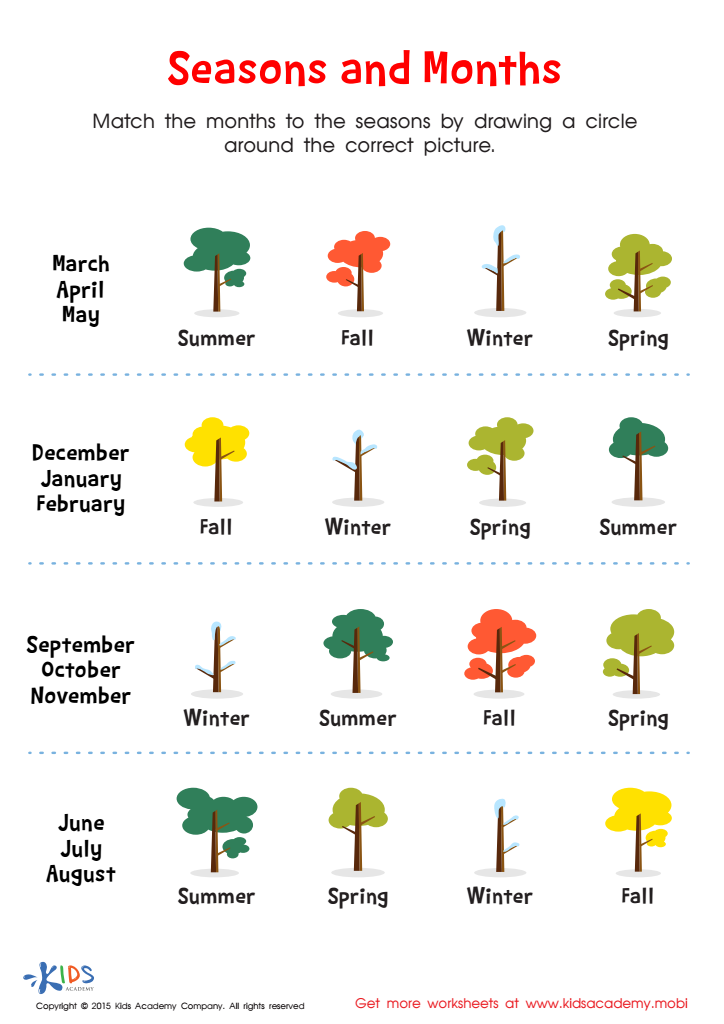

Seasons and Months Worksheet
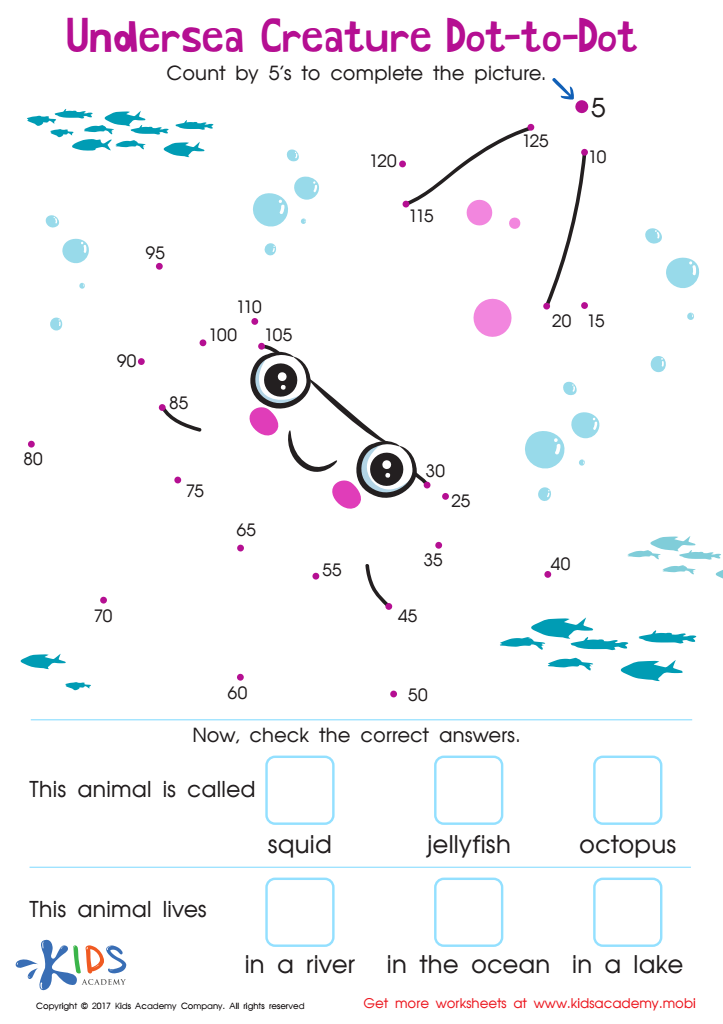

Undersea: Dot To Dot Worksheet
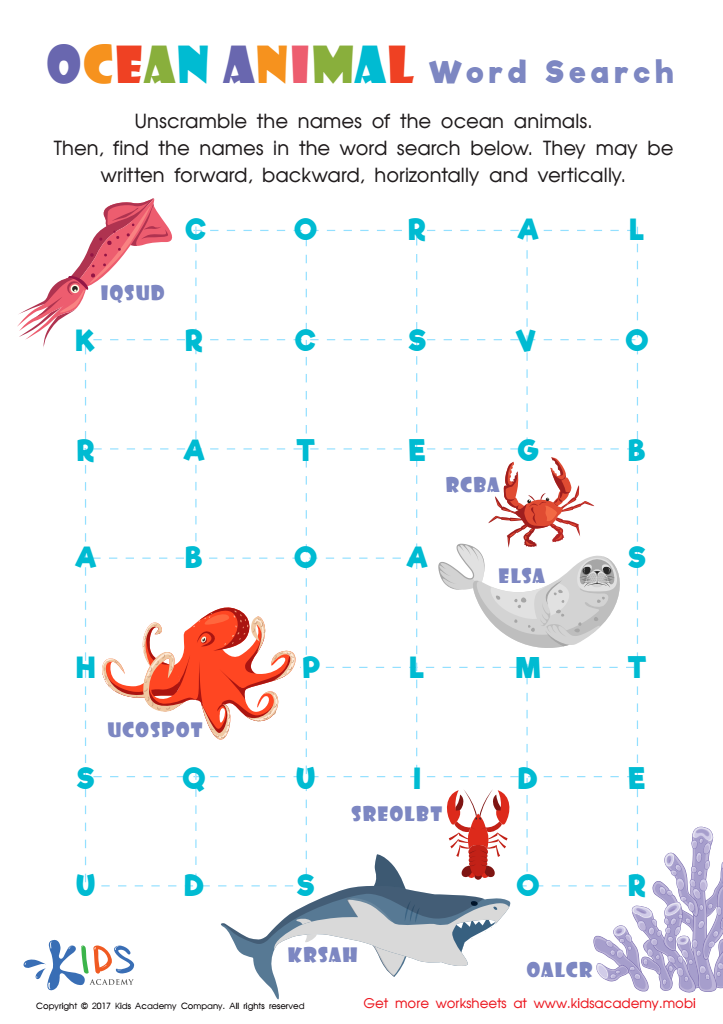

Ocean Animals Word Search Printable
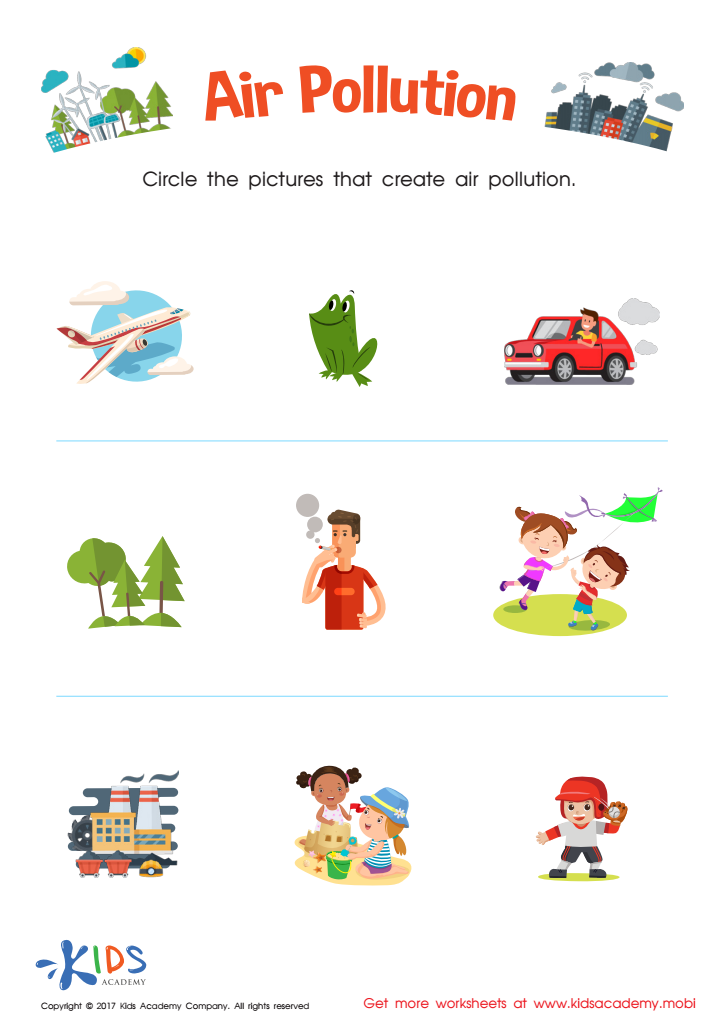

Air Pollution Worksheet
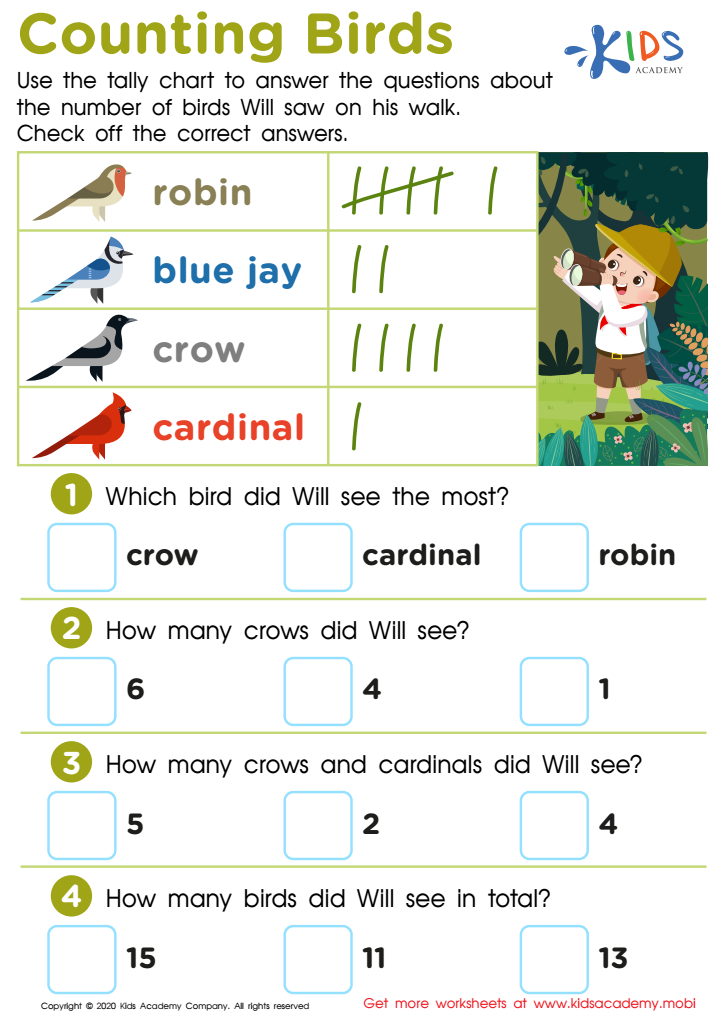

Counting Birds Worksheet


Alien Worksheet
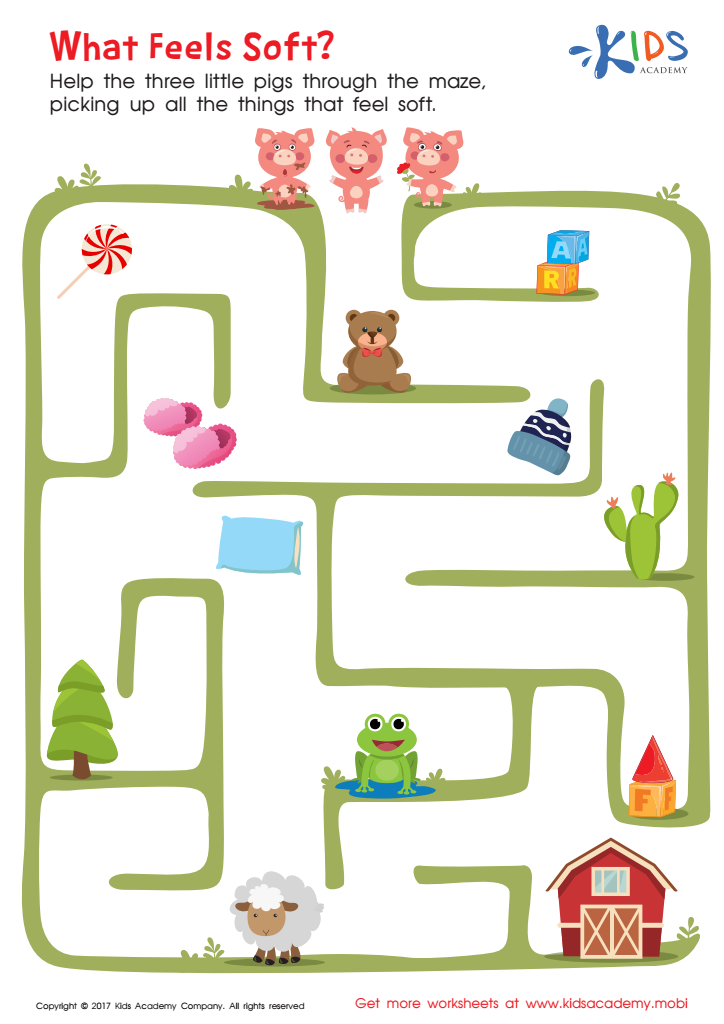

What Feels Soft Printable
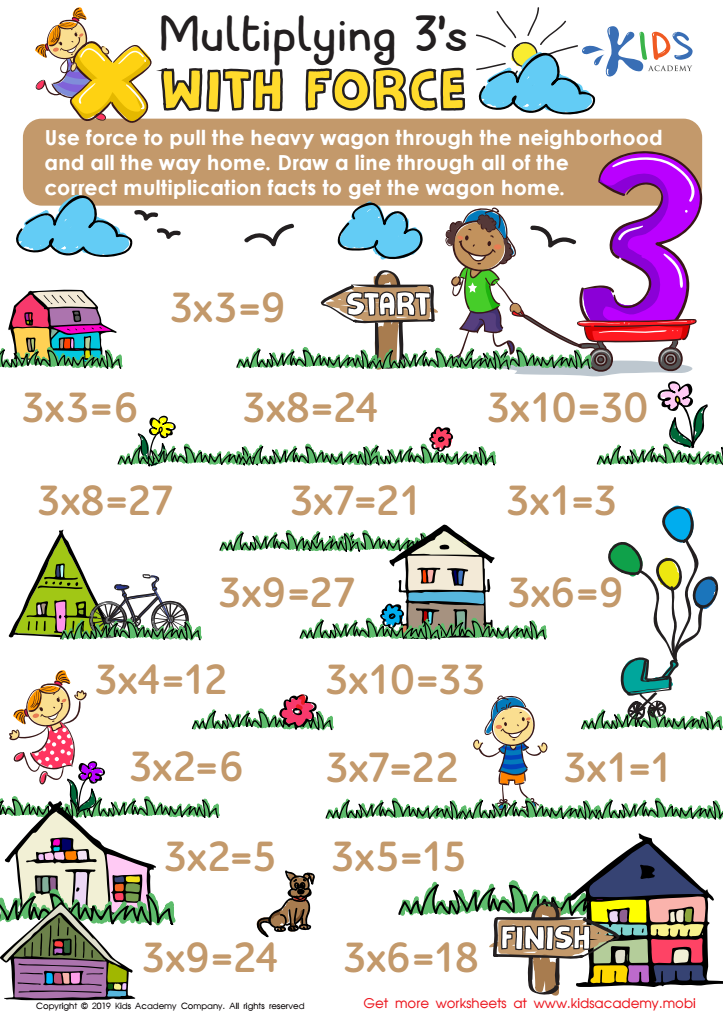

Multiplying 3s with Force Worksheet
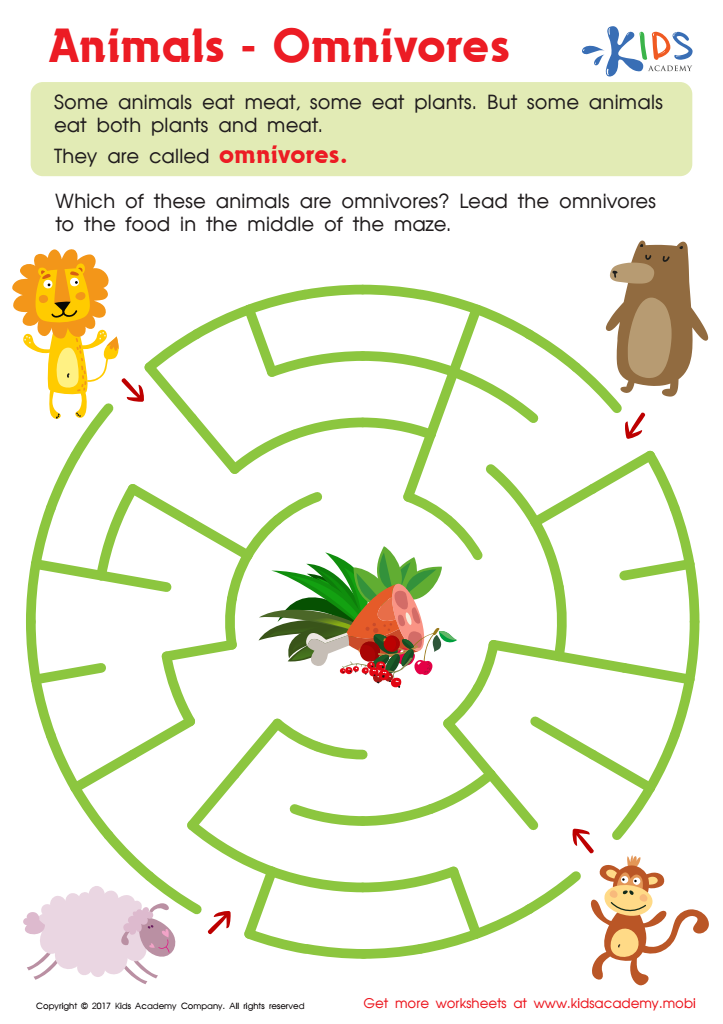

Omnivores Animals Worksheet
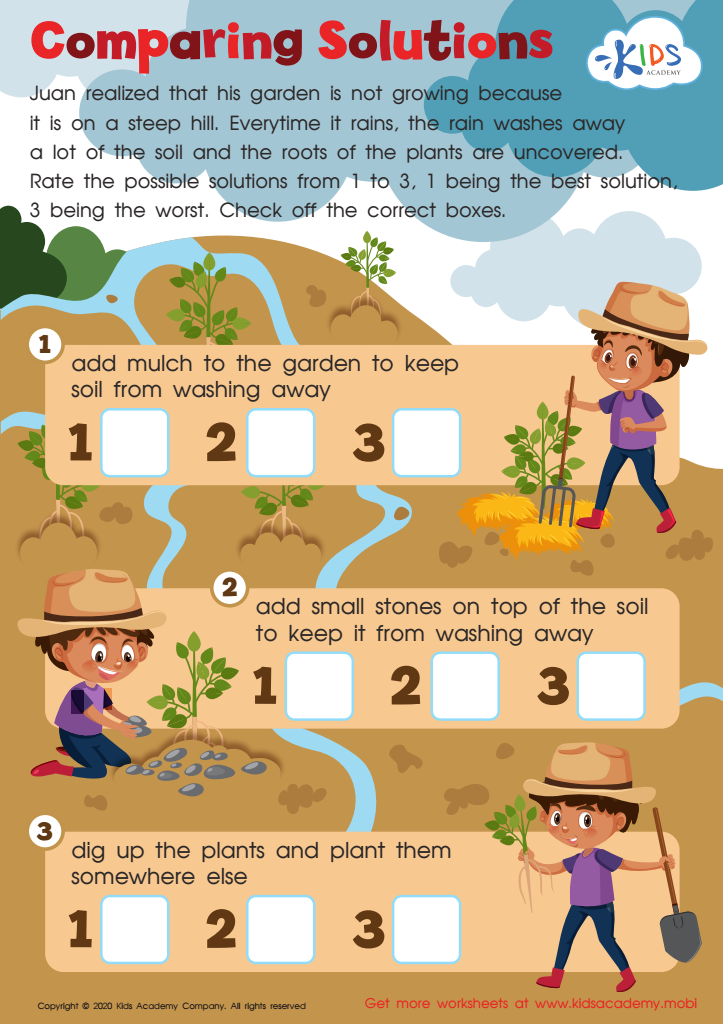

Comparing Solutions Worksheet
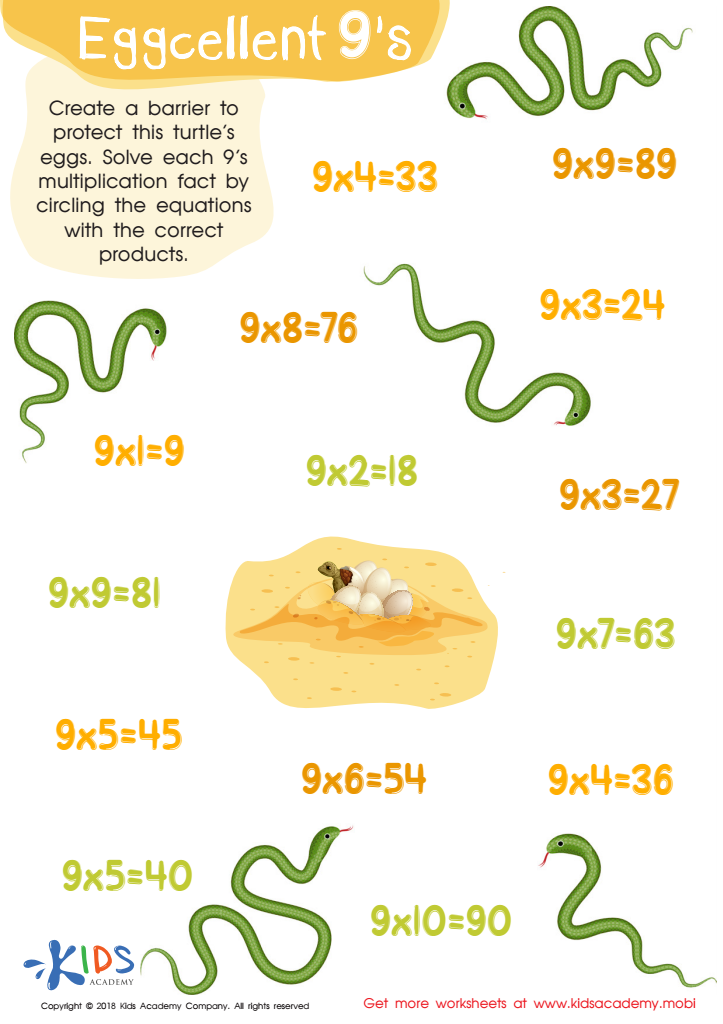

Eggcellent 9’s Worksheet
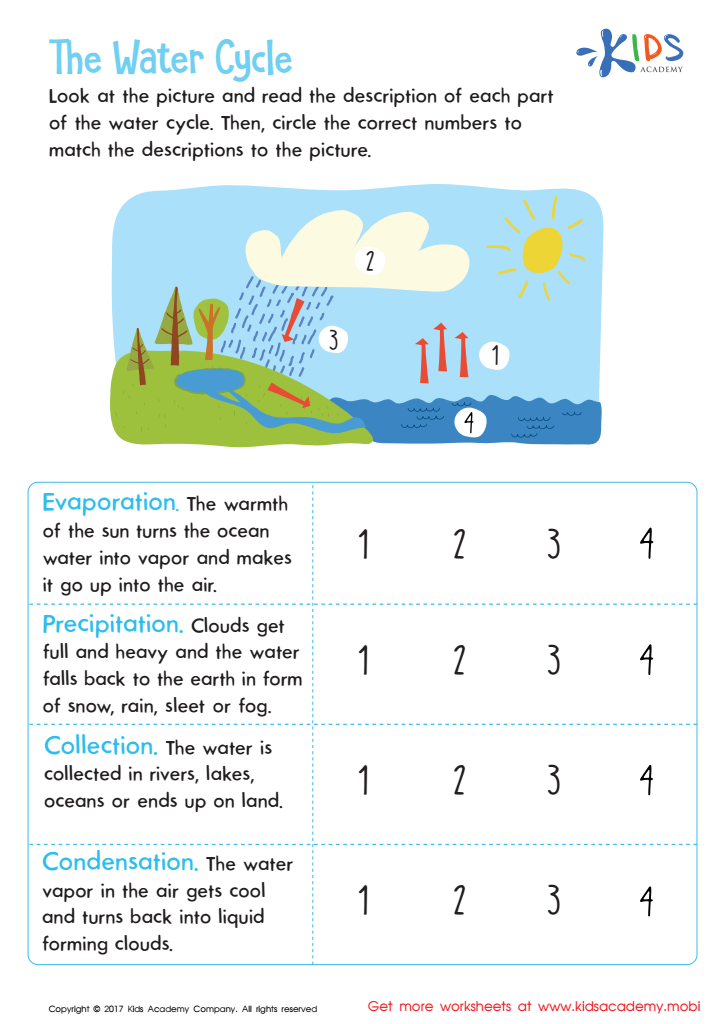

The Water Cycle Worksheet
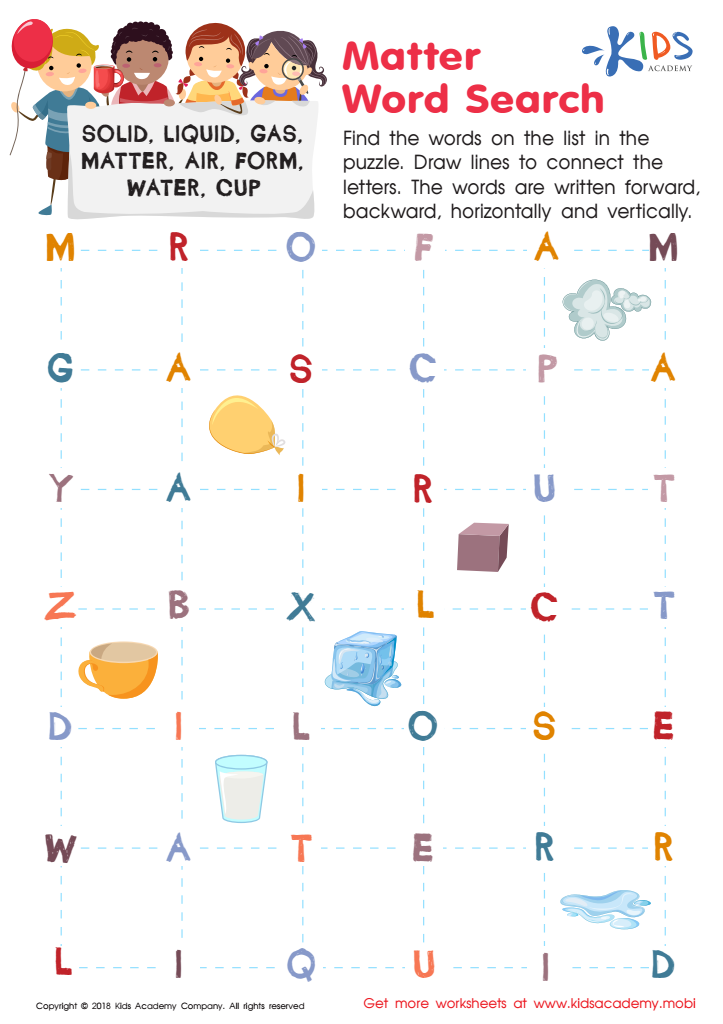

Matter Word Search Worksheet
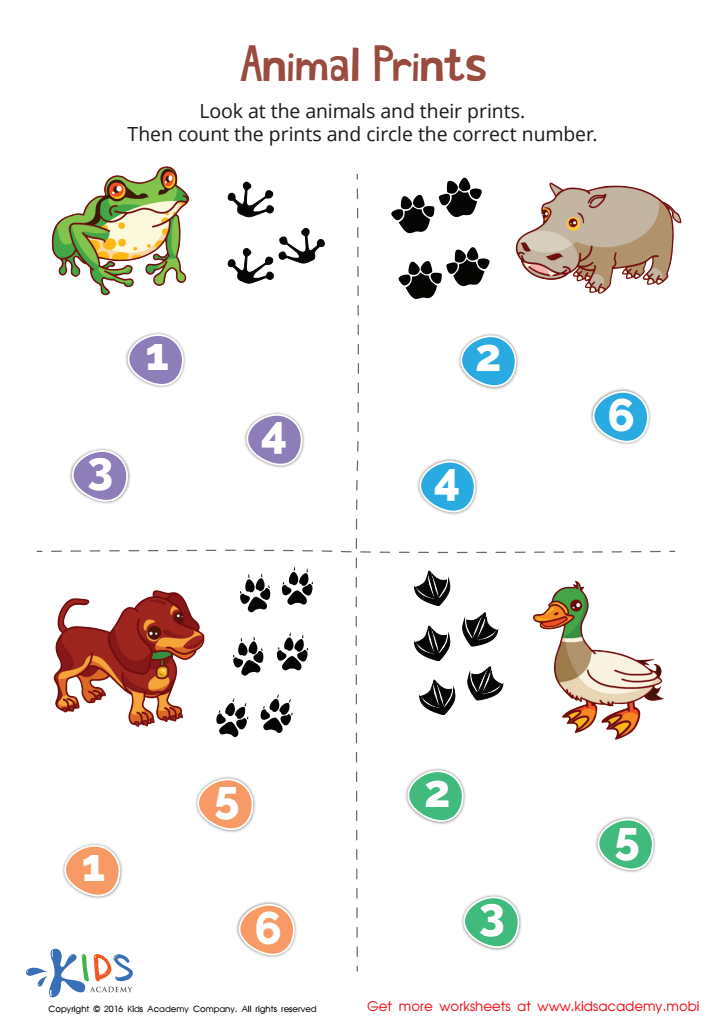

Animal Prints Match-Up Worksheet
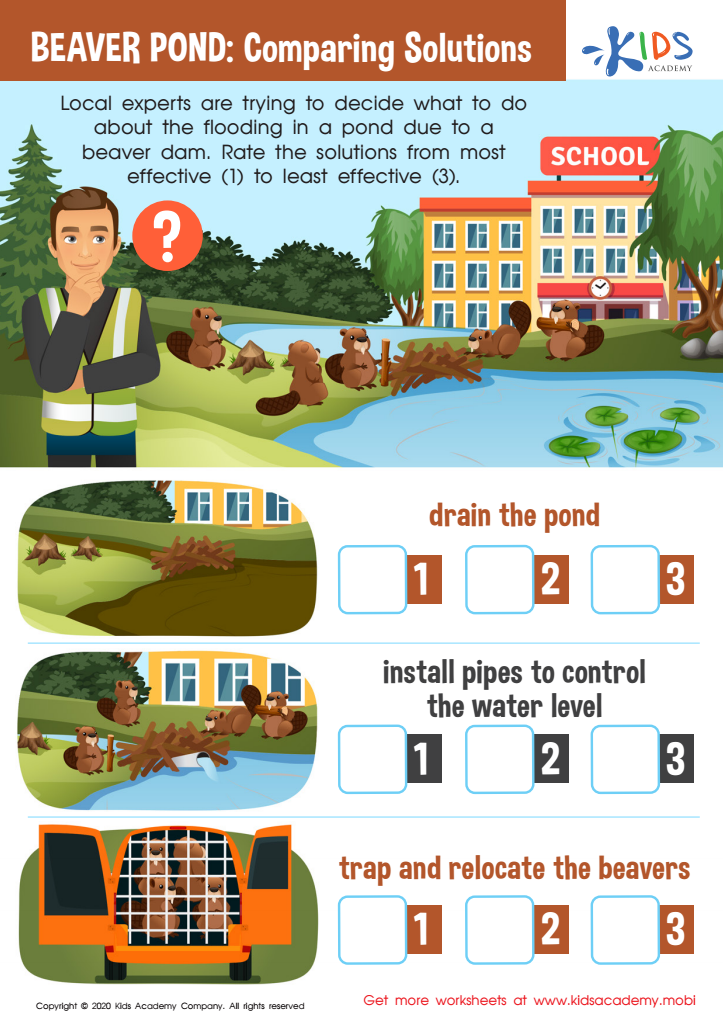

Beaver Pond: Comparing Solutions Worksheet
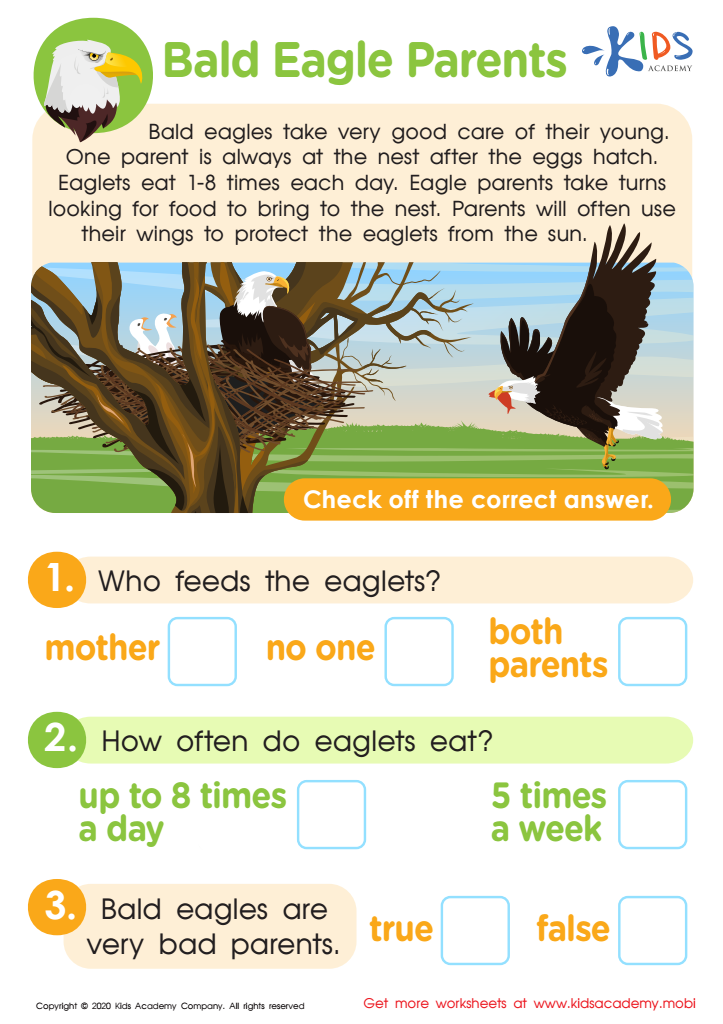

Bald Eagle Parents Worksheet
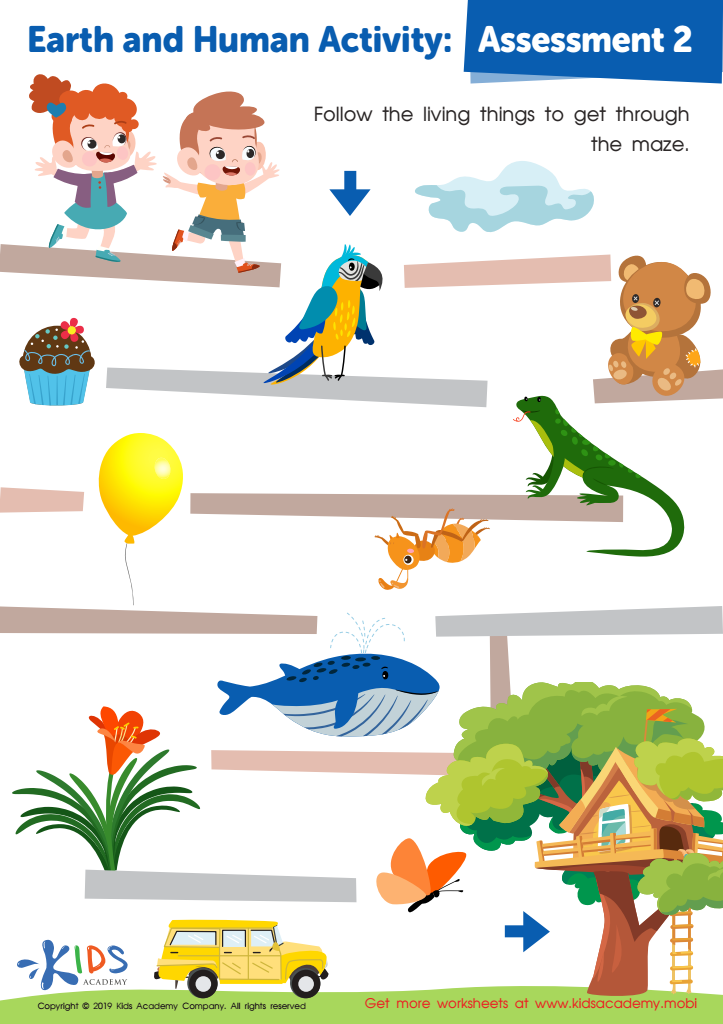

Earth and Human Activity: Assessment 2 Worksheet
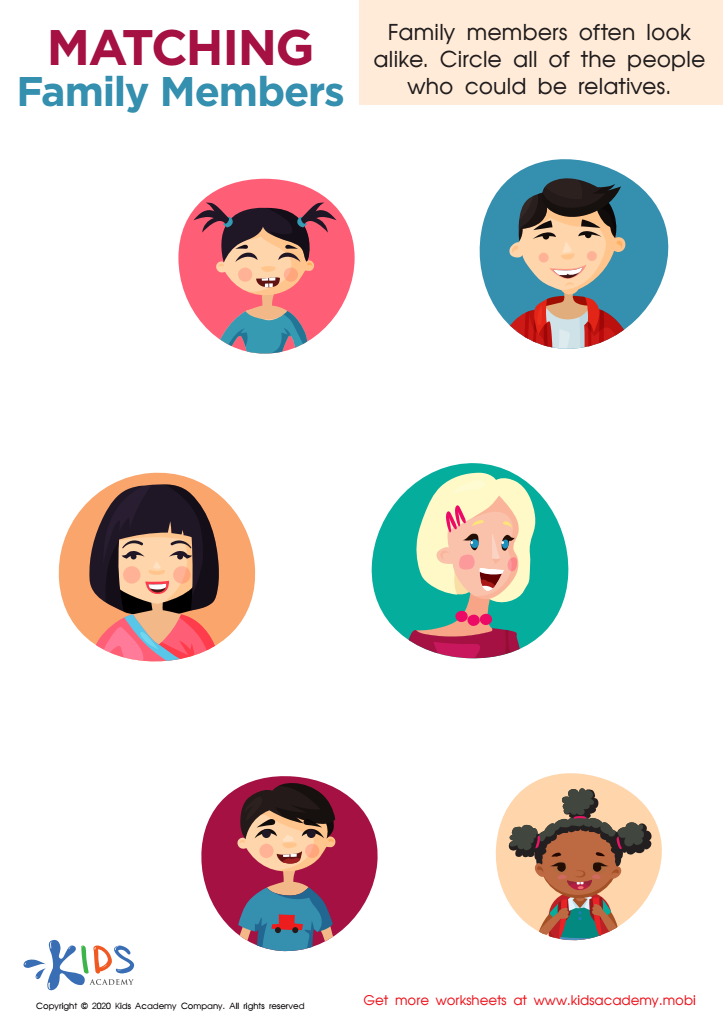

Matching Family Members Worksheet
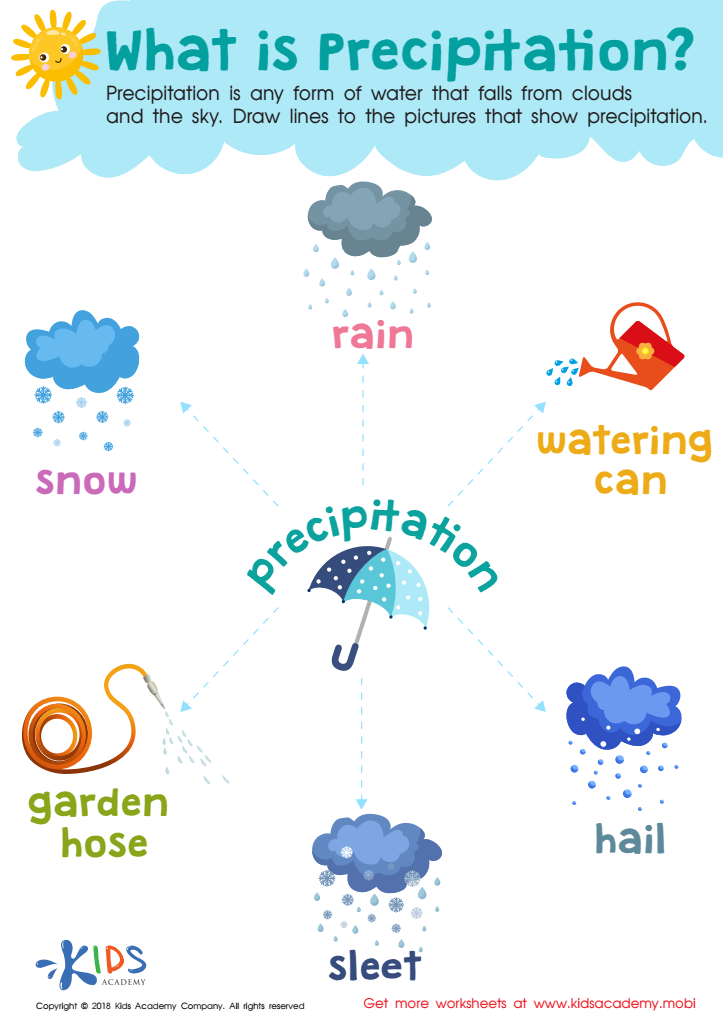

What Is Precipitation? Worksheet
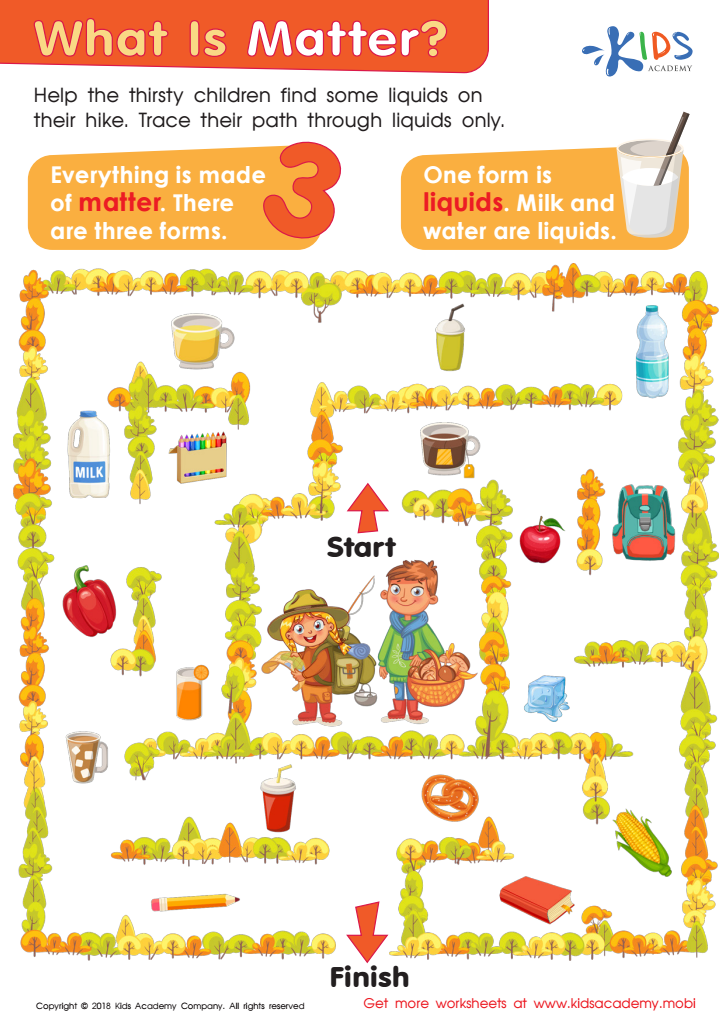

What Is Matter? Worksheet
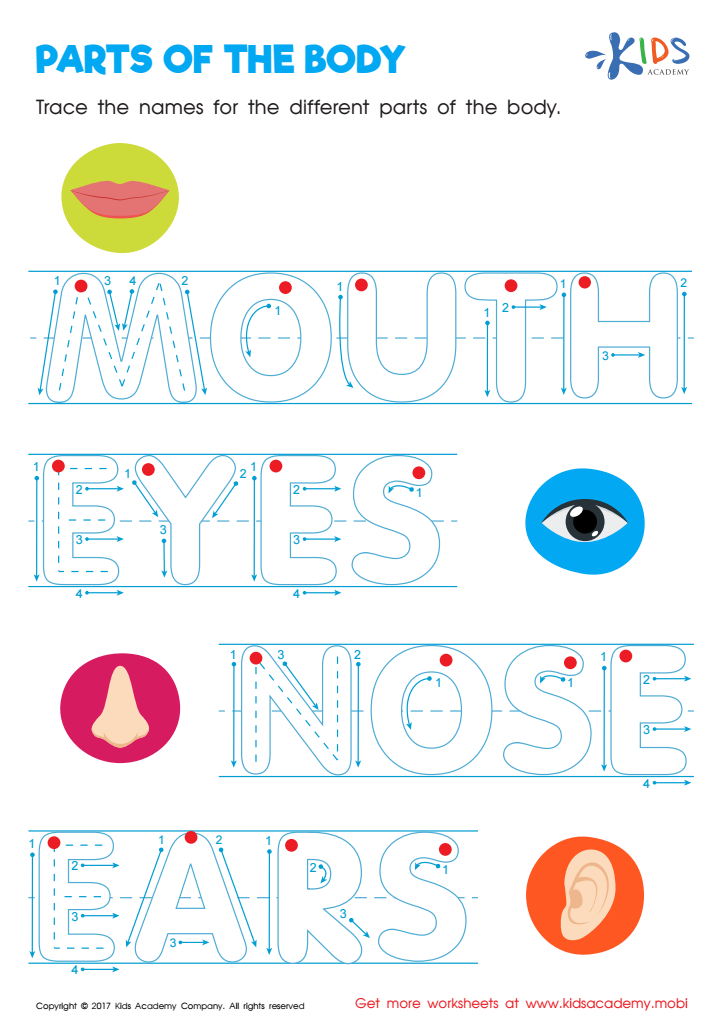

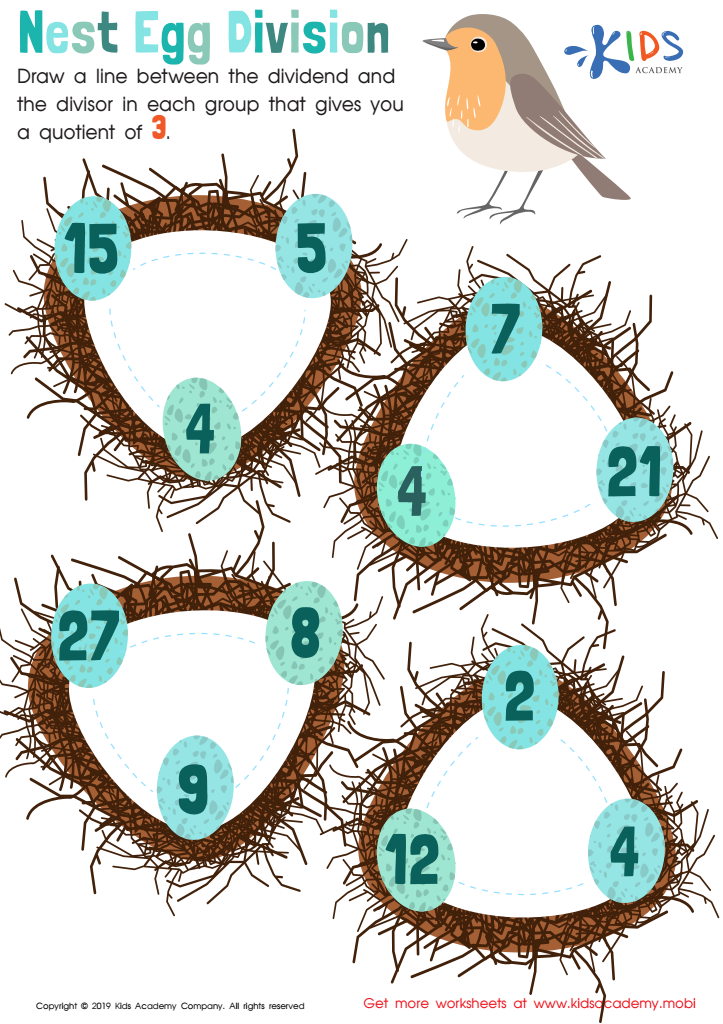

Nest Egg Division Worksheet
Extra Challenge Science activities for ages 6-8 are essential for several reasons. First, they stimulate natural curiosity in children. This age group is already full of wonder about the world around them, so engaging them with fun and challenging science activities capitalizes on that curiosity. It ignites a love for learning and exploration early on, setting the stage for lifelong interest in science.
Second, these activities develop critical thinking skills. Science challenges often require children to make observations, hypothesize, experiment, and conclude based on evidence. These competencies are the building blocks of logical reasoning and problem-solving, skills that are crucial not just in science but in all areas of learning and life.
Third, engaging in extra challenge science supports academic growth. Early exposure to science can enhance cognitive development and improve achievements in other subjects, such as math and reading. Hands-on activities complement theoretical knowledge, helping children grasp complex ideas more easily.
Lastly, participating in extra challenge science builds confidence. Successfully completing a challenging task fosters a sense of achievement and encourages perseverance, resilience, and self-esteem.
In summary, parents and teachers should care about extra challenge science for ages 6-8 as it nurtures curiosity, develops critical thinking, supports academic growth, and builds confidence in young learners.

 Assign to My Students
Assign to My Students






